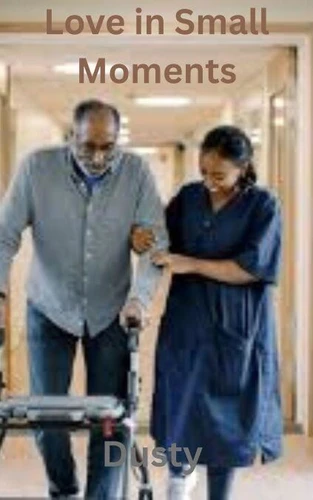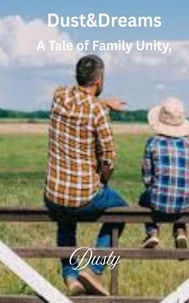Love in Small Moments
Par :Formats :
Disponible dans votre compte client Decitre ou Furet du Nord dès validation de votre commande. Le format ePub protégé est :
- Compatible avec une lecture sur My Vivlio (smartphone, tablette, ordinateur)
- Compatible avec une lecture sur liseuses Vivlio
- Pour les liseuses autres que Vivlio, vous devez utiliser le logiciel Adobe Digital Edition. Non compatible avec la lecture sur les liseuses Kindle, Remarkable et Sony
- Non compatible avec un achat hors France métropolitaine
 , qui est-ce ?
, qui est-ce ?Notre partenaire de plateforme de lecture numérique où vous retrouverez l'ensemble de vos ebooks gratuitement
Pour en savoir plus sur nos ebooks, consultez notre aide en ligne ici
- FormatePub
- ISBN8230359821
- EAN9798230359821
- Date de parution16/04/2025
- Protection num.Adobe DRM
- Infos supplémentairesepub
- ÉditeurIndependently Published
Résumé
Relationships between nursing home staff and residents are at the heart of quality elder care. These connections go beyond routine tasks-they're built on trust, empathy, and genuine human interaction. For many residents, staff members become a daily source of comfort, companionship, and stability. Over time, bonds form through shared stories, laughter, and even moments of vulnerability. Staff learn the unique preferences and life histories of those they care for, allowing them to provide personalized and compassionate support.
Strong relationships positively impact both residents and caregivers. Residents often feel more secure, valued, and emotionally supported, which can improve overall well-being. For staff, these bonds bring a deeper sense of purpose and fulfillment to their work. Challenges such as cognitive decline, physical limitations, or end-of-life care are met with greater patience and understanding when a relationship has been built.
Yet, these relationships require time, consistency, and an environment that supports emotional connection-not just clinical care. When nurtured, they can transform a facility into a true home, where residents are not just patients but people deeply known and cared for. At their best, these relationships honor the dignity of aging and remind us of the power of human connection at every stage of life.
Strong relationships positively impact both residents and caregivers. Residents often feel more secure, valued, and emotionally supported, which can improve overall well-being. For staff, these bonds bring a deeper sense of purpose and fulfillment to their work. Challenges such as cognitive decline, physical limitations, or end-of-life care are met with greater patience and understanding when a relationship has been built.
Yet, these relationships require time, consistency, and an environment that supports emotional connection-not just clinical care. When nurtured, they can transform a facility into a true home, where residents are not just patients but people deeply known and cared for. At their best, these relationships honor the dignity of aging and remind us of the power of human connection at every stage of life.
Relationships between nursing home staff and residents are at the heart of quality elder care. These connections go beyond routine tasks-they're built on trust, empathy, and genuine human interaction. For many residents, staff members become a daily source of comfort, companionship, and stability. Over time, bonds form through shared stories, laughter, and even moments of vulnerability. Staff learn the unique preferences and life histories of those they care for, allowing them to provide personalized and compassionate support.
Strong relationships positively impact both residents and caregivers. Residents often feel more secure, valued, and emotionally supported, which can improve overall well-being. For staff, these bonds bring a deeper sense of purpose and fulfillment to their work. Challenges such as cognitive decline, physical limitations, or end-of-life care are met with greater patience and understanding when a relationship has been built.
Yet, these relationships require time, consistency, and an environment that supports emotional connection-not just clinical care. When nurtured, they can transform a facility into a true home, where residents are not just patients but people deeply known and cared for. At their best, these relationships honor the dignity of aging and remind us of the power of human connection at every stage of life.
Strong relationships positively impact both residents and caregivers. Residents often feel more secure, valued, and emotionally supported, which can improve overall well-being. For staff, these bonds bring a deeper sense of purpose and fulfillment to their work. Challenges such as cognitive decline, physical limitations, or end-of-life care are met with greater patience and understanding when a relationship has been built.
Yet, these relationships require time, consistency, and an environment that supports emotional connection-not just clinical care. When nurtured, they can transform a facility into a true home, where residents are not just patients but people deeply known and cared for. At their best, these relationships honor the dignity of aging and remind us of the power of human connection at every stage of life.


















